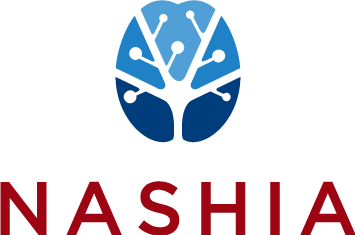Employment Accommodations, Innovations and Assistive Technology for TBI
Job accommodations and assistive technology can be vital for the successful employment of individuals with brain injuries, whether returning to work or starting a new job. Knowing how, when, and why it might be necessary to disclose a disability is the first and often most difficult part of the accommodation process. This session will provide an introduction and overview of the Job Accommodations Network, information on the Americans with Disabilities Act (ADA), disclosure of brain injuries in the workplace, the limitations associated with these challenges, and the accommodations that might be needed. Real-life accommodation situations and solutions will be interspersed throughout the session. Additionally, Alabama's Rehabilitation Engineering and Assistive Technology Services Division (REAT) will share current program and project efforts and cite examples of workplace accommodations.
Supporting Materials:
Presenters:
Melanie Whetzel joined the JAN staff as a consultant on the Cognitive/Neurological Team in February 2008. She has a fourteen-year history of teaching and advocating for students with disabilities in the public school system. Melanie holds a Master of Arts degree in Special Education and a Bachelor of Arts degree in English. She most recently completed a graduate certification in Career Planning and Placement for Youth in Transition and became a certified brain injury specialist in December 2014. As the Lead Consultant on the Cognitive/Neurological Team, Melanie specializes in learning disabilities, mental impairments, developmental disabilities, autism spectrum disorders, and brain injuries.
Ashley McLeroy has a bachelor’s in Materials Engineering from UAB and a master’s in Mechanical Engineering from UA. She began working with the Alabama Department of Rehabilitation Services as a Rehabilitation Engineer in 2010. Her role as a Rehab Engineer is to evaluate consumers of all ages with various disability types in home, school, and work environments and recommend assistive technology systems or accommodations that could help them overcome the limitations of their disability. Through the years she has enjoyed serving on educational advisory committees, as a mentor and panelist for the Governor’s Youth Leadership Forum, and as a presenter for various disability related conferences and seminars. She has recently taken on an additional role as project manager for Alabama’s technology act program where she will be developing the device lending library and providing assistive technology trainings and demonstrations for Alabama citizens.

